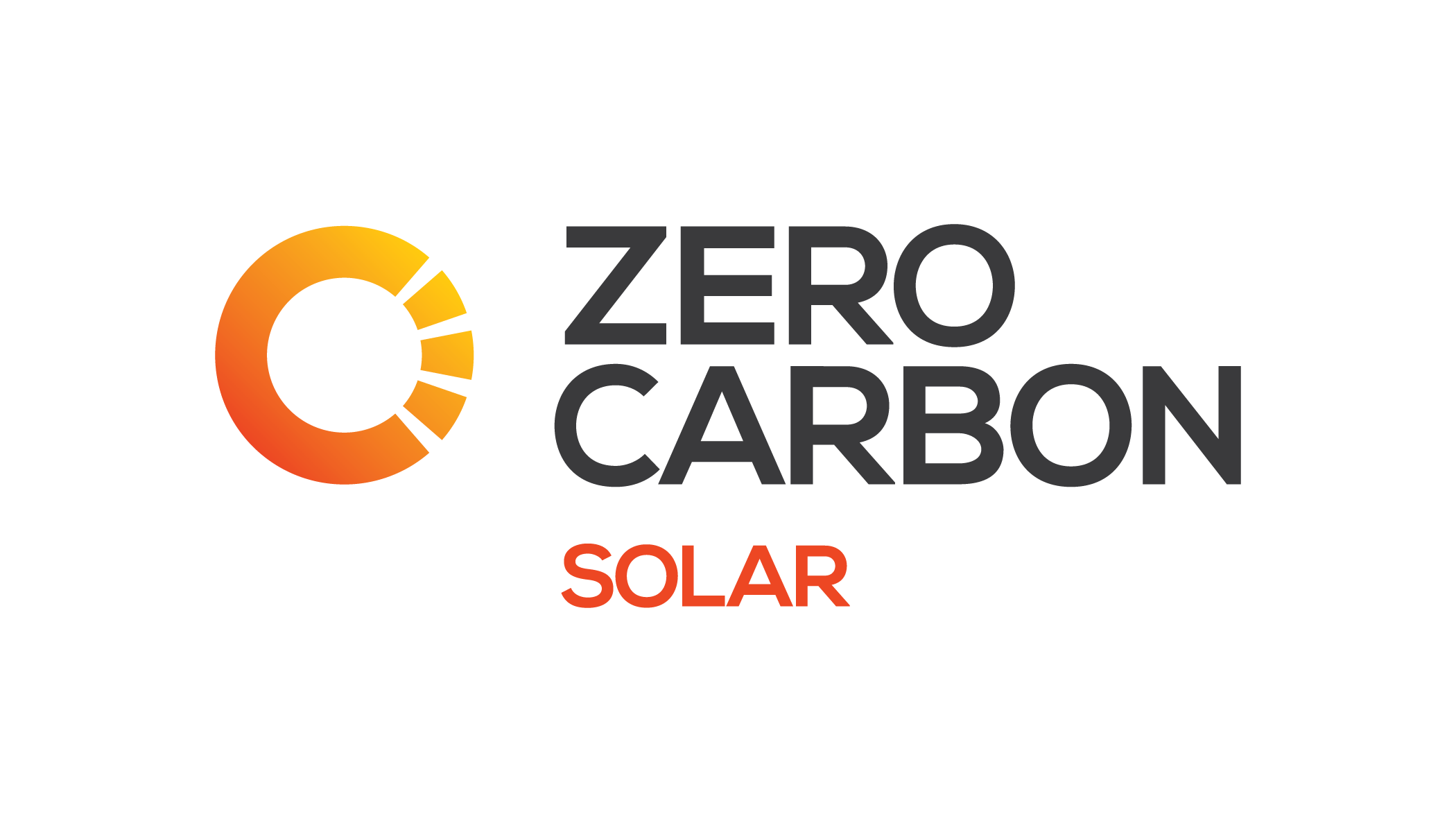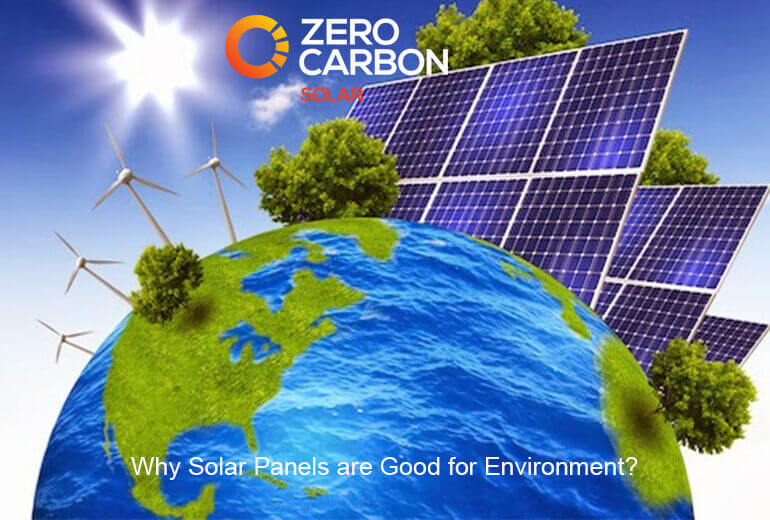Are you thinking about a question like, why solar panels are good for the environment? Then you are at the right place because we are going to tell you all the possible advantages of having solar panels and also the cons which a person can expect. There are numerous paybacks of solar panels to the environment. You will become energy (electricity) independent and you can also financially save a lot by saving your electricity bill. Everyone likes the idea of being green and more energy independent. Solar panels have many more advantages to human life but in this article, we are going to describe the benefits of solar panels to our environment.
On the majority of forums, we see ongoing discussion regarding why solar panels are good for the environment? So, this post is going to help you better understand about a healthy environment.
Less utilization of water
All the electricity-generating machines use fossil fuels like coal, gas to generate electricity. If they don’t use any fossil fuel, then they will use hydropower (water). But by storing water in a dam, by blocking the flow of water, you can think that the ecosystem will not be disturbed? No, water has a noticeable impact on our ecosystem. But in this case, we just have to build solar panels and they will absorb the sunlight and convert it into electricity.
Less air pollution level
Fossil fuels are used for the production of electricity in generators. And these generators cause pollution in the air by releasing smoke and dust particles into the air. It can cause ozone depletion, acid rain, and many more hazardous effects on our environment. But the use of solar panels can reduce air pollution because there is no burning of fossils and there is no smoke. Just a peaceful process of making electricity from sun rays.
Enhance humanity’s health
As there will be no air pollution, we can breathe clean air, which is good for our lungs and when our lungs are in good shape we will also have a healthy life. It is also proven by the US Office of Energy Efficiency & Renewable Energy that we can save up to 25,000 lives by using solar panels and by saving our ecosystem.
Less utilization of nonrenewable energy sources
Nonrenewable energy sources like coal, gas are those sources that do not need to be produced again. It can’t be reproduced once finished. So, by using solar panels we can also save the nonrenewable sources of our environment and also can keep clean our environment.
Due to the increase in the number of air pollutants and carbon monoxide in our environment, our ecosystem is facing many climate changes like ozone layer depletion, global warming, acid rain, etc. So, the use of solar panels can reduce air pollution. Solar panels are not just electricity-generating machines but also a benefit for our environment.
Like other renewable energies, photovoltaics has its detractors who do not hesitate to mix up true rumors and false information on its environmental impact.
These days it is possible to considerably limit the environmental impacts and to recycle the products resulting from refining operations, which more and more companies are doing. Innovations in extraction and refining techniques have also enabled significant improvements.
Scientists also have a role to play in taking into account the environmental impacts of the photovoltaic sector throughout the production chain.
Solar panels, can they really be recycled?
Yes, the recycling of solar panels has grown considerably and needs to be further encouraged. Today, at the end of their optimal lifespan (estimated at around 25 years, a period during which at least 80% of their initial power is guaranteed) solar panels, whether they were built in China or in Europe, are recyclable between 95 and 99% for most manufacturers.
The vast majority of solar panels are made of crystalline silicon, an element that is extracted from sand or quartz and which, like glass, is 100% recyclable. These solar panels also contain elements in silver, aluminum, or copper and, depending on the model, plastic.
They cover 90% of the solar market. Other photovoltaic technologies use rare and controversial metals, but they concern less than 10% of the market. 3rd generation cells made up of organic molecules are also being studied on a larger level. Our earth is already polluted due to many chemicals. We need the best materials which must give energy without any pollution.
We all know electricity production leaves a lot of polluted materials on the earth. So, the sun is behind the main source of electricity which ceases pollution. Green energy produced by photovoltaic panels pays off for you. But also for the planet. Their life cycle, from production to recycling, makes them a source of renewable energy with a very low environmental impact.
Install solar panels to produce electricity and lower your bill. This is often our main motivation for investing in a photovoltaic installation. But aren’t we doing it for the health of the planet as well?
It is that you will answer, there are ecological gestures which are not so much. You wonder, then, if solar panels are really sustainable, if they pollute or not, if they generate waste, if they really reduce CO2 emissions. In short, they guarantee the production of green, renewable energy that is good for the environment.
There are several types of solar panels. But the vast majority are made from silica and metals, sometimes rare. Extracting and transforming them is not neutral from an environmental point of view. However, in recent years, innovations in extraction and processing techniques have made it possible to reduce energy costs and environmental impact throughout the production chain of photovoltaic panels.
These all factors are indicating why solar panels are good for the environment? We should understand that solar panels installation should be promoted in most of the cities in Pakistan.
Why is solar energy renewable?
Because its raw material, the sun, is free, inexhaustible, non-polluting (no greenhouse gases, no CO2 emissions) and available everywhere in the world. The green electricity produced is therefore also local and contributes to efforts to move towards carbon neutrality.
What is the impact of solar panels on the environment?
Daily and household use of photovoltaic panels are not polluting at all – this is how solar panels work. No CO 2 emissions are emitted. The production of photovoltaic solar energy is done quietly. As for the installation, it is reversible and does not require heavy work. These were the factors that ultimately attract us to think about why solar panels are good for the environment? Now, it is very clear we should buy and install a lot of panels to make the earth peaceful and pollution-free.




